All About Gacha: The Link Between Gacha Games and Gambling, and How They Manipulate You
This article is written by our intern, Yuxin, an aspiring psychology student who specialises in curriculum and content creation for Media Literacy School
Ever heard of the gaming term whaling? Whaling refers to when a player spends a significant amount of money on in-game purchases, and is typically seen in Gacha games. Even though whales represent a mere 1-2% of players, 50-70% of the revenue —majority of the revenue— generated can come from these whales. This can seem alarming at first glance (rightfully so) and it makes one question what video games, or more specifically Gacha games, have to offer that is so tempting that whales willingly pour their savings into them.
What are Gacha games?
Originating from the word “Gachapons”, which are capsule machines from Japan, is the term Gacha. Gacha games have taken the mobile gaming industry by storm, with elements of it virtually in every popular mobile game.
In Gacha games, you can never directly get what you want. Instead, Gacha games require you to spend in-game currency to roll (ie., draw) from a pool of items for a certain item or character you want. These items are essentially what you need to progress further in the game. Whilst Gacha games will never let you leave empty handed —rolling always gets you something in return— you can only hope that by some miracle, you obtain the item that you desire. Unfortunately, the most valuable items are usually the hardest to get, as there is less probability of drawing them.
Gacha has become an incredibly popular way for games to be monetized, causing Gacha games to teeter dangerously along the lines of being unethical.
The issue with Gacha: Is it gambling?

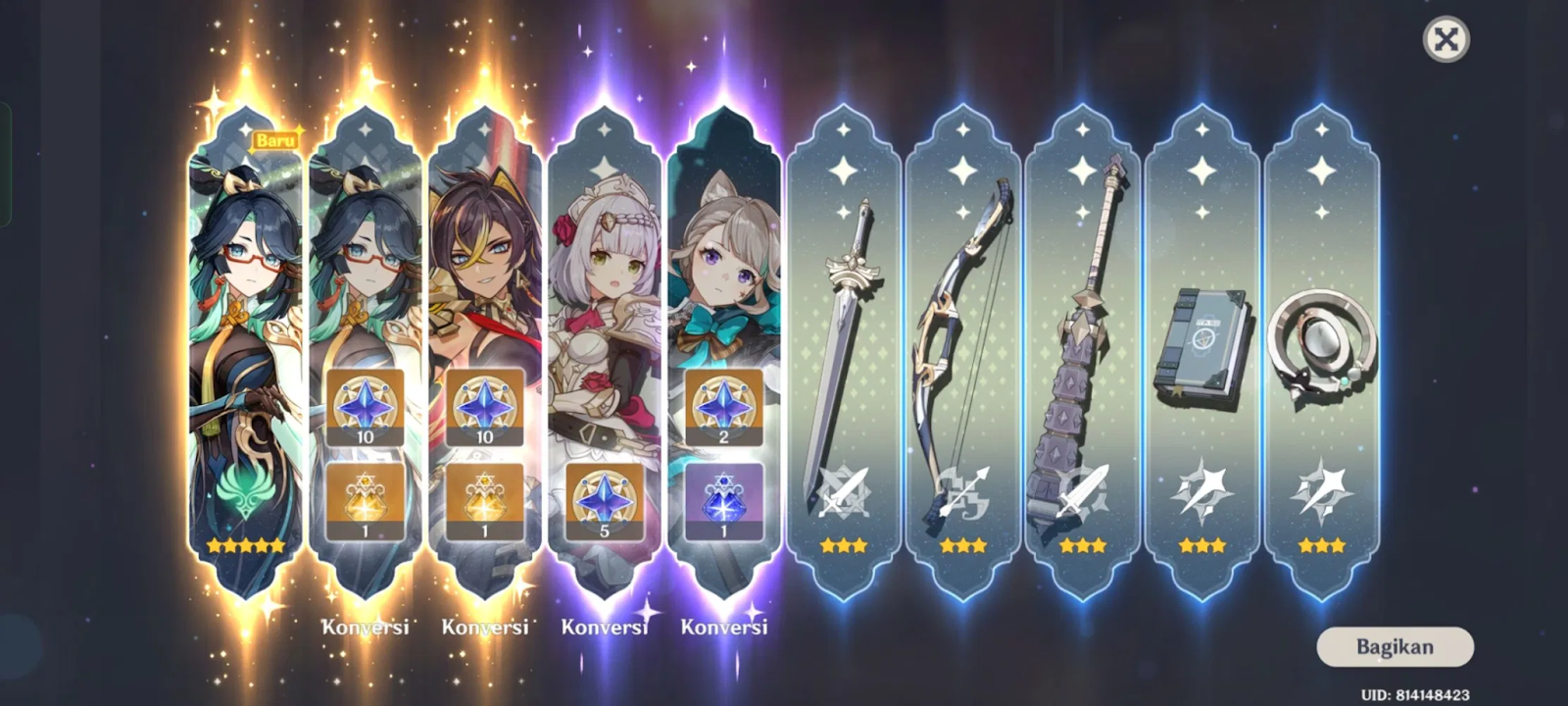

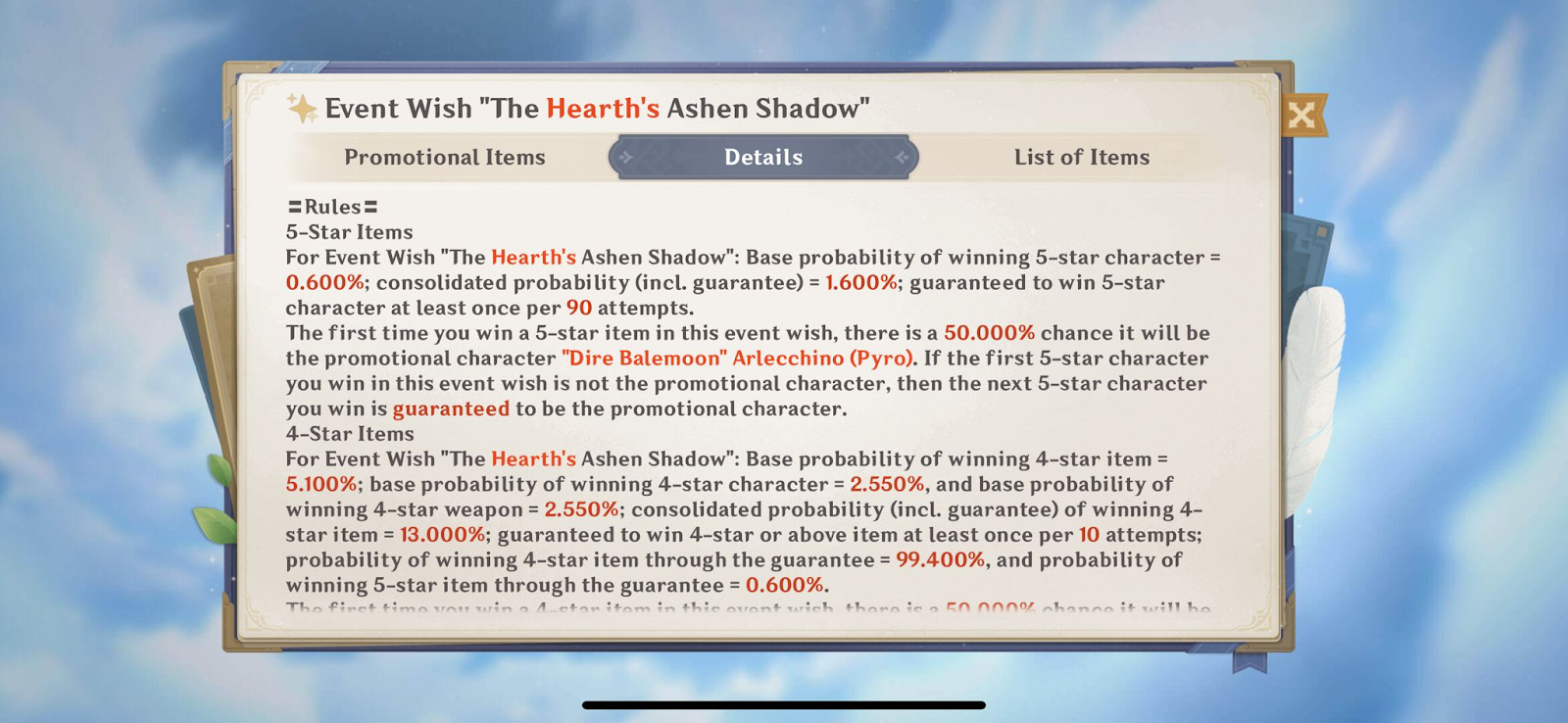

Photo by Heather Gill on Unsplash
Countries like Belgium and the Netherlands have banned Gacha games entirely, labelling it as “illegal gambling”. In fact, Japan, where Gacha originated from, has entirely banned “Kompu Gacha” (also known as Complete Gacha, a system in Gacha where players are required to collect specific and multiple items through the Gacha system to obtain one final rare item) because of the media pressure and how similar it is to gambling. Evidently, whether Gacha is gambling has been a topic of controversy ever since its rise in recent years. One similarity between Gacha and gambling is their definition. Gambling is defined as risking something of value to obtain something valuable that is mostly determined by luck. This is unfortunately applicable to Gacha, especially when one uses actual money to buy in-game currency to roll for items. Both risk something; Gacha risks in-game currency and gambling risks money. But the line blurs even further when you use money to buy in-game currency, and perhaps you should question if you’re essentially gambling. Another similarity between the two is that both are made to be highly addictive. Both are able to lure you in with the temporary highs of winning, triggering the reward centre in your brain to release dopamine, such that you associate this activity with positive emotions and will soon find yourself longing for more. They exploit the emotional state of your minds, feeding you with overwhelming emotions like uncertainty, satisfaction and frustration. It can be easy for both to become a habit and eventually an unhealthy addiction. Many studies have shown a positive correlation between loot boxes —also a type of Gacha mechanism— and problematic gaming and gambling, especially paid loot boxes. A stark difference between the two is the outcome. When you gamble and lose, you walk away empty handed (and potentially, “empty pocketed” too). However when you roll in Gacha, you always get a random item at the end even if it was not what you wanted. Therefore, some argue that Gacha is not gambling because you technically never “lose”. Perhaps what makes Gacha games more predatory than gambling is the innocent facade they have. While Gacha games are objectively less harmful than gambling as money is not always involved, many of us are not half as wary as we should be of Gacha games. For instance, gambling is regulated by law and has age restrictions, making everyone more cautious at even the thought of gambling. In contrast, Gacha games are harder to regulate and age restrictions are more lax. Gacha games are also more accessible and most are free to download. For youths, they may lack the maturity and understanding of how insidious Gacha games can be, and unknowingly be taken advantage of. While Gacha is different from traditional gambling, I argue it is worthwhile to be aware of its dangers and be cautious. How do Gacha games hook you? Why do people spend so much money? Game developers are getting increasingly good at monetizing their games, with many tricks up their sleeves. Below are some ways Gacha games exploit players, which could explain why people willingly spend so much on them: 1. Sunk Cost Fallacy. Would you be willing to give up on a game if you already spent $3000 on it? Many players are reluctant to give up on the game, especially after they have spent a good deal of money, time and effort on the game. In fact, they may feel inclined to pump in even more money and effort into the game since “they already did it, and giving up now would mean their previous investments were not worth it”. It is the last ditch attempt to save this “lost cause” that potentially creates a toxic cycle that exploits the player to no end. Humans, after all, naturally feel the impact of losses more than gains, and thus are more likely to make decisions based on past costs rather than future gains —an effect known as loss aversion. 2. Making it hard to progress without spending money. “Make sure that your games aren’t too skill based. I made that mistake myself. A too skill based game, you don’t get people to pay you, because there’s no reason to.” was what Tribeflame CEO Torulf Jernström warned other game developers at a conference back in 2016. Game developers deliberately make the games less skill based, such that the players can’t totally rely on their abilities but have to spend money if they want to progress. 3. Social Proof. Often used in sales and marketing, social proof refers to the social phenomenon where people tend to copy the behaviour of others to behave “correctly" in a certain situation. The endless videos online of whales spending exorbitant amounts to roll, and sometimes getting incredibly lucky, promote this behaviour as the norm, when in actuality whales were never the majority of the player base. Many players are affected when they see the collection of other players. They tend to feel FOMO (Fear Of Missing Out) and envious of others’ collections, and can become convinced that said item is essential for their progress in-game. Coupled with the fact that people in their gaming community could be raving over the item, many can become determined to obtain the item even if it means spending money. Case in study: Genshin Impact
Photo by E_clair
Perhaps you remain unconvinced by the power Gacha games possess, allow me to plead my case using one of the most, if not the most, successful and popular Gacha game on the market —Genshin Impact by miHoYo. Now make no mistake, the success of this game was not by luck. Not by a long shot. First launched in 2020, Genshin Impact proved its worth by becoming the fastest mobile game to reach $5 billion in global consumer spend. Popular streamers like RazerNinjas have admitted to spending over USD 100,000 on Genshin Impact. In recent years, The Straits Times have also reported on a case where a father found out his daughter had used his credit card and spent around SGD 20,000 on the game behind his back. While this game is technically “free to play”, it is evident that many players get lured into becoming a “pay to win” player instead. Some of the tactics Genshin Impact uses are below: 1. Giving you free pulls at the start of the game to introduce you to the Gacha system. A Beginner’s Banner is introduced and there is a discounted rate for the player to try pulling for the first time. This is similar to casinos giving you free pots to get you started. 2. Making you convert multiple currencies (Genesis Crystals, Primogems, Acquaint Fates, Intertwined Fates etc.) around such that you easily lose track of the actual amount you are spending. There will never be an option to directly buy pulls with money. 3. Incentivising sharing your pulls. There are countless videos online specifically on Genshin Impact’s Gacha. Many fans would flock to their favourite streamers just to watch them whale (spending a significant amount of money on in-game purchases) and pull for characters. Rewards are also given to players who share their pulls. This could encourage FOMO in other players, and normalise spending large amounts of money on Gacha. 4. Creating a sense of urgency. There are time-limited banners that feature specific characters that cannot be obtained in any other way. If one were to miss the banner, they would have to wait for the next banner rotation that could take more than a year before they could try pulling for the specific character again. Hence, many players may spend money in a moment of desperation to get the character they want. 5. Having daily commissions. Daily commissions are short and simple missions you have to complete daily in return for primogems, which are needed for rolling on banners. The daily commissions aim to get this game to become your daily routine and eventually your habit, such that you keep coming back to the game. While some of these tactics are used by non-Gacha games as well, they are especially used by Gacha games like Genshin Impact. Hence, combined with the exceptionally well designed game mechanics, graphics and storyline, it is no wonder that Genshin Impact is where it is today. What has been done to regulate Gacha games? Apart from certain countries banning Gacha completely, most Gacha games have implemented and respect the “pity system”, as well as disclose the chances of getting each specific item. The pity system refers to the guarantee of obtaining certain items (usually the rarer items) after a certain number of failed attempts at rolling. For instance, Genshin Impact guarantees a 5 star character at the 90th draw. This essentially puts a cap on the maximum a player can spend on to get a particular item in game to prevent overspending on a single character. “Soft pity” also exists, while usually unofficial and not announced by the game developer themselves, it is usually assumed that the higher the number of the failed attempts, the higher chances you already have of obtaining the item. Below is an example of soft pity in Genshin Impact.
Photo by YuminaNirvalen
As can be seen in the above graph, the probability of pulling a five-star character in Genshin Impact drastically increases from 73 rolls onwards, illustrating the soft pity system where after a certain amount of pulls, your chances increase exponentially.
Genshin Impact Banner: Some games disclose the probabilities of winning each item
The probabilities of getting each item are usually disclosed as well. This helps the player to make informed decisions and have a better gauge based on the chances of obtaining each item. Conclusion Putting aside its link to gambling, Gacha by itself is not “wrong”. It is critical to see its dangers. Despite the regulations, every game company is a business model. To put it starkly, every business’ main goal is always to make you spend money. When the new impossibly well designed game you’ve downloaded is conveniently free, you had best believe that this “free to play” game is going to stop at nothing to tempt you to spend. Spending money on physical games is in no way “better” or “superior” over online games. While whaling in a game should typically not be encouraged especially to youths, it should also not be looked down upon and mocked. Each to their own, right? When done fully aware of the consequences and having the financial means to support such a hobby, I believe there is no harm. Ultimately, it's up to consumers to be aware and discerning to make informed choices. References- Akshon Esports. (2022, April 9). Why Are Gacha Games So Good At Making You Spend Money? [Video]. YouTube. https://youtu.be/p2ZAUaFjLAg?si=Jp_BUQLNzW3QiTJd
- Atrioc. (2021, September 29). How Gacha Games Trick Players Into Spending Thousands [Video]. YouTube. https://youtu.be/wUrBlQaDkfM?si=AShE08ySpZ3MP576
- Betable Blog. (2012, May 25). Why Kompu Gacha Was Banned. Retrieved from Game Developer: https://www.gamedeveloper.com/business/why-quot-kompu-gacha-quot-was-banned#close-modal
- Chill with Aster. (2022, January 16). How Genshin Makes its Gacha Addicting: The Casino Psychology [Genshin Impact Meta Analysis] [Video]. YouTube. https://youtu.be/MbFfi0gq5nI?si=K4G1k5pCERP6_sQs
- Ciggy Snake. (2023, July 8). How Gacha Games Breed Gambling Addicts [Video]. YouTube. https://youtu.be/Tx8NWke-j1Q?si=3m-XcCz_X-MhPjb5
- Daniel Griffiths. (2024, February 1). Genshin Impact is the fastest ever game to reach $5 billion consumer spend. Retrieved from Pocket Gamer: https://www.pocketgamer.biz/news/83345/genshin-impact-is-the-fastest-ever-game-to-pass-5-billion-consumer-spend/#:~:text=Now%2C%20according%20to%20data%20from,%2Dparty%20Android%20app%20outlets).
- Grguric. M. (2024, March 12). What Are Mobile Game Whales and How to Catch Them? Retrieved from Udonis: https://www.blog.udonis.co/mobile-marketing/mobile-games/mobile-games-whales
- Lakić, N., Bernik, A., & Čep, A. (2023). Addiction and Spending in Gacha Games. Information, 14(7), 399. https://doi.org/10.3390/info14070399
- Montiel, I., Basterra-González, A., Machimbarrena, J. M., Ortega-Barón, J., & González-Cabrera, J.(2023, January 7). Loot box engagement: A scoping review of primary studies on prevalence and association with problematic gaming and gambling. Retrieved from PLOS ONE: https://journals.plos.org/plosone/article?id=10.1371/journal.pone.0263177#pone.0263177.ref002
- Mrwhosetheboss. (2022, October 1). How mobile games are designed to SCAM you [Video]. YouTube. https://www.youtube.com/watch?v=keoRX-Lni5s
- Pon Staff. (2023, April 12). The Anchoring Effect and How it Can Impact Your Negotiation. Retrieved from Program on Negotiation at Harvard Law School: https://www.pon.harvard.edu/daily/negotiation-skills-daily/the-drawbacks-of-goals/
- Simon Parkinson. (2023, January 6). Gacha Games - What Are They and Why are They So Exciting? Retrieved from Student Computers: https://studentcomputers.co.uk/blogs/news/gacha-games-what-are-they-and-why-they-are-so-exciting#:~:text=Gacha%20games%20are%20popular%20because,of%20excitement%20to%20the%20game.
- Washington Journal of Law. (2022, December 7). Glorified Gambling: Moral and Legal Issues Within the Gacha Gaming Industry. Retrieved from: https://wjlta.com/2022/12/07/glorified-gambling-moral-and-legal-issues-within-the-gacha-gaming-industry/#:~:text=Currently%2C%20only%20a%20handful%20of,of%20virtual%20currency%20should%20be.
- (2024). Why are we likely to continue with an investment even if it would be rational to give it up? Retrieved from The Decision Lab: https://thedecisionlab.com/biases/the-sunk-cost-fallacy





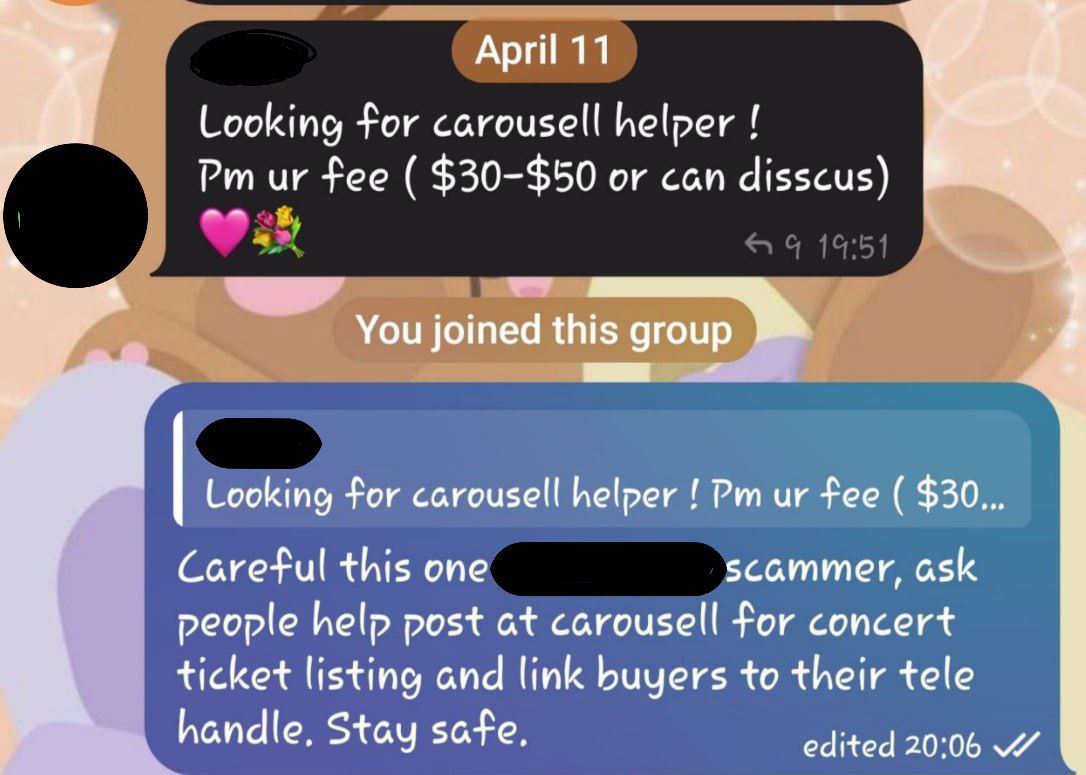




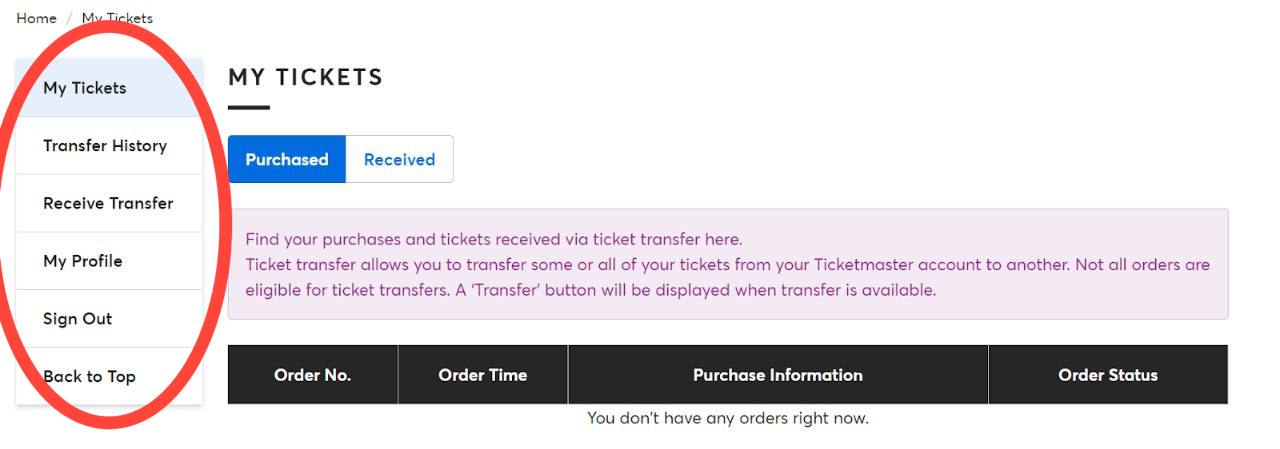
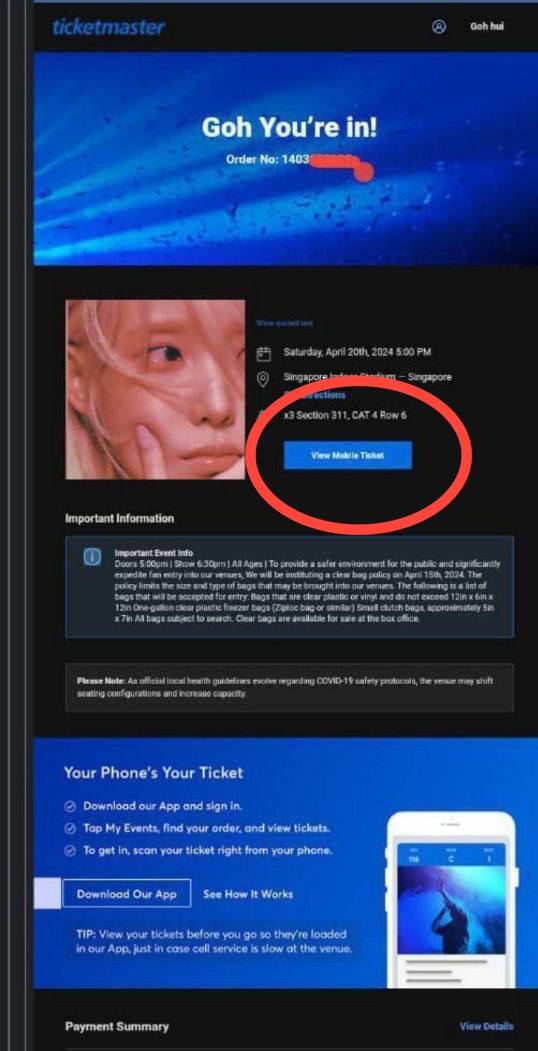


 Local influencer Naomi Neo plays a Halloween ghost prank on her son Kyzo. She often features Kyzo on her TikTok account. Photo: TikTok[/caption]
A portmanteau of “share” and “parenting”, the Oxford English Dictionary defines sharenting as “the practise of sharing news, images, or videos of one’s children on social media websites”. These include pictures of their new-borns in the crib, happy family moments, and milestones such as the child’s first day in school.
It is an increasingly common trend among digitally savvy parents. Some also create social media accounts for their children to better facilitate the process.
According to cross-cultural research conducted by internet security company, AVG:
Local influencer Naomi Neo plays a Halloween ghost prank on her son Kyzo. She often features Kyzo on her TikTok account. Photo: TikTok[/caption]
A portmanteau of “share” and “parenting”, the Oxford English Dictionary defines sharenting as “the practise of sharing news, images, or videos of one’s children on social media websites”. These include pictures of their new-borns in the crib, happy family moments, and milestones such as the child’s first day in school.
It is an increasingly common trend among digitally savvy parents. Some also create social media accounts for their children to better facilitate the process.
According to cross-cultural research conducted by internet security company, AVG:
 Kyzo has an Instagram account managed by his mother Naomi Neo with over a hundred posts and a sizable following. Photo: Instagram [/caption]
Beyond the trendiness, there are many good reasons to sharent:
Kyzo has an Instagram account managed by his mother Naomi Neo with over a hundred posts and a sizable following. Photo: Instagram [/caption]
Beyond the trendiness, there are many good reasons to sharent:
 Local influencer Sarah Cheng-De Winne received backlash for sharing her daughter’s emotional distress. This reignited national conversation on the ethics and dangers of sharenting. Photo: TikTok[/caption]
Most social media platforms bar users under the age of 13 because of the US Children’s Online Privacy Protection Act (COPPA). The law was passed in 1998 to combat the collection of adolescent personal information amidst a rise in targeted marketing. Unfortunately, the protections do not extend to information that was sharented. This is dangerous as adolescent targeted marketing remains a big market. YouTube and Epic Games paid hefty fines for COPPA violations in 2019 and 2022 respectively. US regulators alleged that these companies illegally collected personal information and used it to manipulate children into making purchases.
Furthermore, constant camera attention might be unhealthy for children’s development. Research indicated that primary school students who were filmed tend to be distracted and self-conscious. The camera creates an expectation of evaluation in the children, and this negatively impacts intrinsic motivation and creativity. Older children might even suppress their natural behaviour and emotions to influence views, likes or comments from online strangers. Emotional suppression has been linked to mental health problems such as depression and should be avoided.
Local influencer Sarah Cheng-De Winne received backlash for sharing her daughter’s emotional distress. This reignited national conversation on the ethics and dangers of sharenting. Photo: TikTok[/caption]
Most social media platforms bar users under the age of 13 because of the US Children’s Online Privacy Protection Act (COPPA). The law was passed in 1998 to combat the collection of adolescent personal information amidst a rise in targeted marketing. Unfortunately, the protections do not extend to information that was sharented. This is dangerous as adolescent targeted marketing remains a big market. YouTube and Epic Games paid hefty fines for COPPA violations in 2019 and 2022 respectively. US regulators alleged that these companies illegally collected personal information and used it to manipulate children into making purchases.
Furthermore, constant camera attention might be unhealthy for children’s development. Research indicated that primary school students who were filmed tend to be distracted and self-conscious. The camera creates an expectation of evaluation in the children, and this negatively impacts intrinsic motivation and creativity. Older children might even suppress their natural behaviour and emotions to influence views, likes or comments from online strangers. Emotional suppression has been linked to mental health problems such as depression and should be avoided.
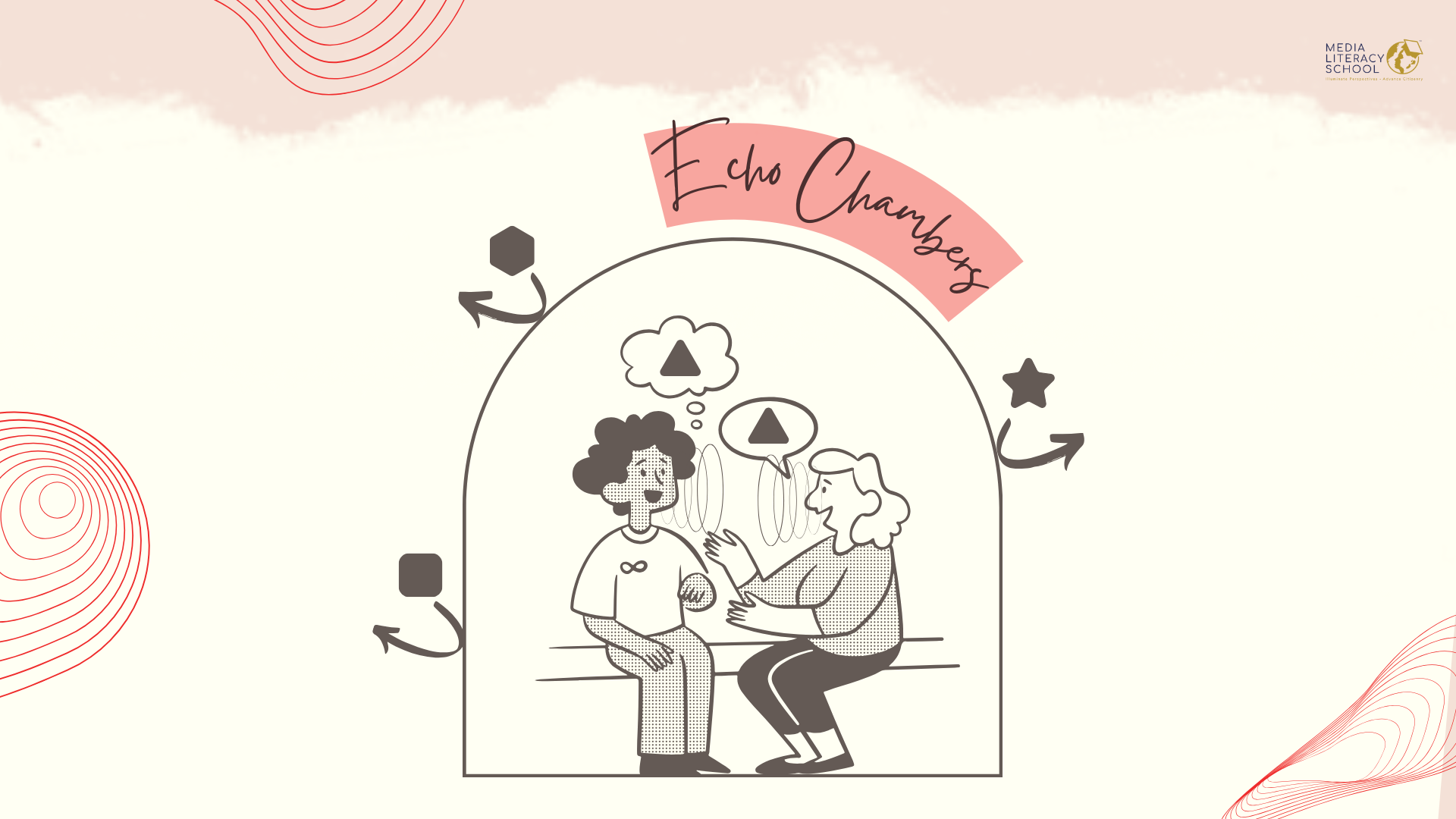







 Five year-old Chase loves to hold the GPS when travelling. He loves selecting his favourite car and “navigating” it on the iPad. Occasionally he looks up and matches the surrounding landmarks to what he sees on the tablet. This visual interaction between screen and physical objects trains him to interpret a 3D environment from a 2D screen. Car journeys are much more engaging and healthy with such screen time.
Some other examples of interactive screen time:
Five year-old Chase loves to hold the GPS when travelling. He loves selecting his favourite car and “navigating” it on the iPad. Occasionally he looks up and matches the surrounding landmarks to what he sees on the tablet. This visual interaction between screen and physical objects trains him to interpret a 3D environment from a 2D screen. Car journeys are much more engaging and healthy with such screen time.
Some other examples of interactive screen time:
 While interactive screen time usually teaches better than passive screen time, it is also important to scrutinize the content.
While interactive screen time usually teaches better than passive screen time, it is also important to scrutinize the content.
 In the digital age where it is difficult to ensure a sterile media environment for our children, interaction and processing is KEY to cyber wellness. Interactive screen-time is a powerful teaching tool for young children today. Do not allow it to shape your child’s mind in unintended ways. You can help your child get more out of technology.
Look out for the parenting workshop “
In the digital age where it is difficult to ensure a sterile media environment for our children, interaction and processing is KEY to cyber wellness. Interactive screen-time is a powerful teaching tool for young children today. Do not allow it to shape your child’s mind in unintended ways. You can help your child get more out of technology.
Look out for the parenting workshop “